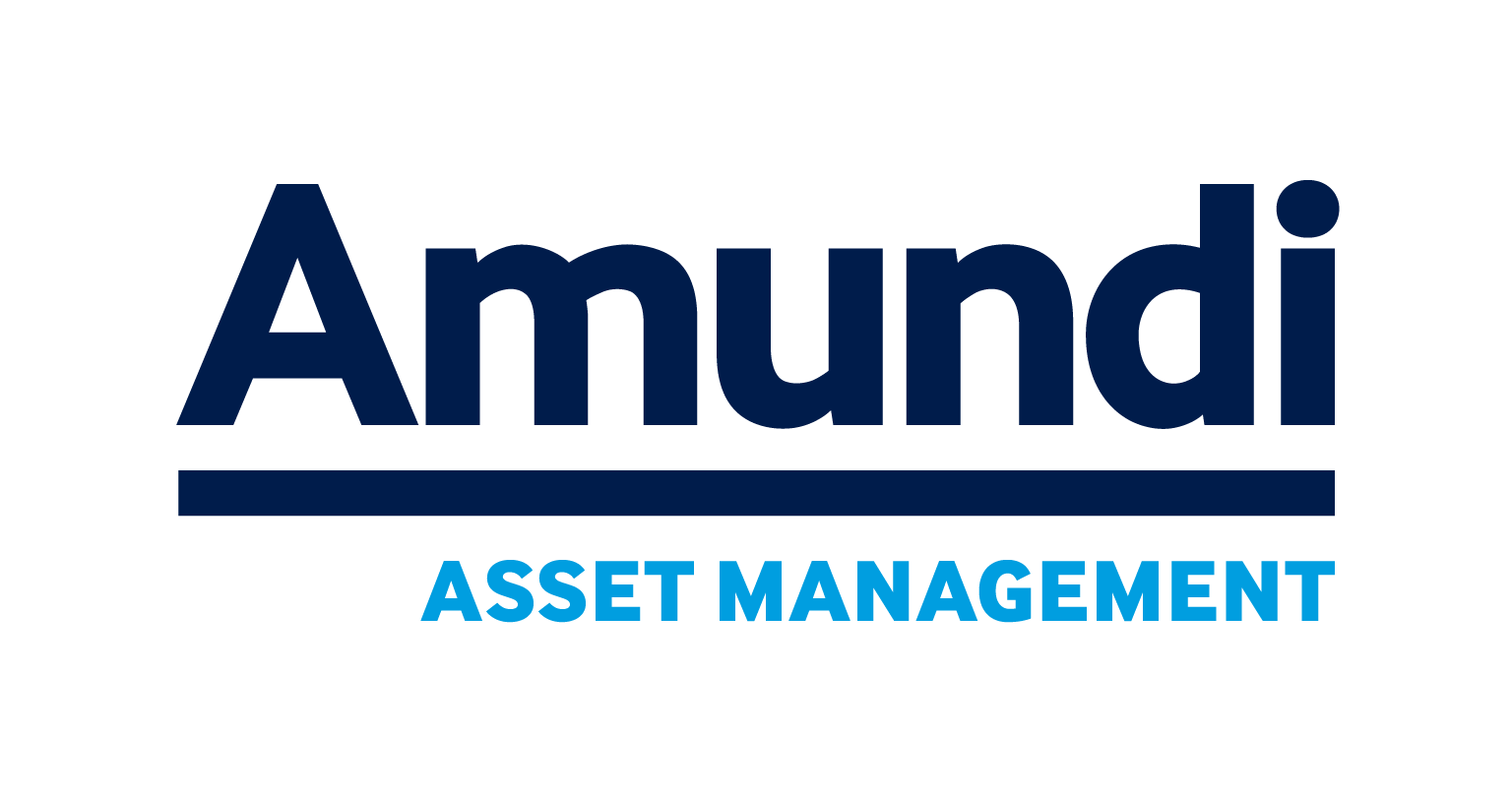De positieve kant van geopolitieke onzekerheid
Anna Rosenberg, Head of Geopolitics at the Amundi Investment Institute

In an era of rising geopolitical uncertainty it is tempting for investors to succumb to pessimism. But look closer and there is more to be excited about than you might think.
2024 will be a year marked by critical elections and higher odds for many negative geopolitical outcomes. Fear of escalation in the Middle East is growing while the outcome of the election in Taiwan sets the stage for more discord in China-US relations. More aggressive rhetoric coming out of North Korea is raising concerns over a potential war with the South.
Unnerving as developments may be, they should not be viewed solely through the lens of risk mitigation. Why? Because risk in one part of the world often brings opportunity in another – and not just in the Global South but in the West too. You simply need to know how to spot the dynamics playing out.
Europe poised to benefit from US-China discord
Europe benefits from sitting at the intersection of US-China tensions. We might see more investment from China into Europe as Europe offers Beijing a relatively better investment environment than the US.
Since 2016, China’s disengagement from the US has been evident in the data . While we have not yet seen a significant increase in Chinese investments into Europe, mainly as a result of the long tail of China’s zero Covid policies, the picture is beginning to change. Chinese investment in Europe is growing, in particular in strategic sectors such as battery production and EV production. While China’s motives are certainly economic, ultimately, this adds new manufacturing jobs to Europe and will allow the EU to accelerate the green transition by providing cheaper batteries and EVs at a faster pace. Having some of the manufacturing supply chain on shore also allows European countries greater control.
So Europe offers Beijing a relatively safer investment environment than the US. And vice versa, European investors will also be ‘safer’ in China than their American peers. Too much is riding on Europe’s economy to break with China, especially against the backdrop of President Biden’s Inflation Reduction Act, which has increased US-EU commercial competition.
Picking winners in the Global South – Malaysia, Morocco and more
In the so-called Global South a significant group of winners are also emerging. These tend to fall into three groups.
There are the countries benefiting from the need to diversify away from China and Russia, and those helping China to diversify away from the US. These are countries increasingly at the centre of new or rejigged supply chains but also countries rich in natural resources and relative stability.
Malaysia and Vietnam are becoming more important places for shipping rerouting, while Morocco’s automotive sector has benefited from diversification because of the war in Ukraine. China is investing in Morocco and Mexico to better serve Western markets.
Japan and South Korea, with their geographic proximity to China and advanced technology sectors, are also benefiting from some of the divestment away from China.
Commodity centric economies are making the most of the situation too, not only by seeking to export more and finding new export destinations, but also by elevating their position in the value chain, transitioning from being predominantly commodity exporters to producers of intermediary goods.
For example, Indonesia has banned raw nickel exports, instead urging foreign buyers to invest in local smelters to process materials before they export. The policy aims to position the country a couple of notches higher up in the value chain.
Further, Indonesia’s plan to establish a domestic EV battery industry could lead to taxes on ferronickel exports, thereby lowering input costs for the homegrown Indonesian industry.
There are also countries benefiting from new security treaties with the US, as these often come with investment carrots that go beyond defence. The Philippines is a good example. In addition to agreeing to host US military bases, it is receiving significant investment commitments from the US across various sectors.
Then there are the countries gaining global influence by establishing themselves as new poles in the increasingly multi-polar world. India is benefiting from an abundance of new agreements spanning technology and green energy with the US, knowing that as the country’s new priority partner in Asia, it can ask for a lot in return.
Optimism and pessimism in equal measure
Investors and businesses are right to be wary of an ongoing and elevated period of geopolitical uncertainty. It is creating a global realignment of partnerships and supply chains, and there is a risk of tensions spilling over into more conflict and disruption. Add a busy year of electoral campaigning and you could forgive people for their pessimism. But investors would be wise to think optimistically. Geopolitical upheaval creates winners too.